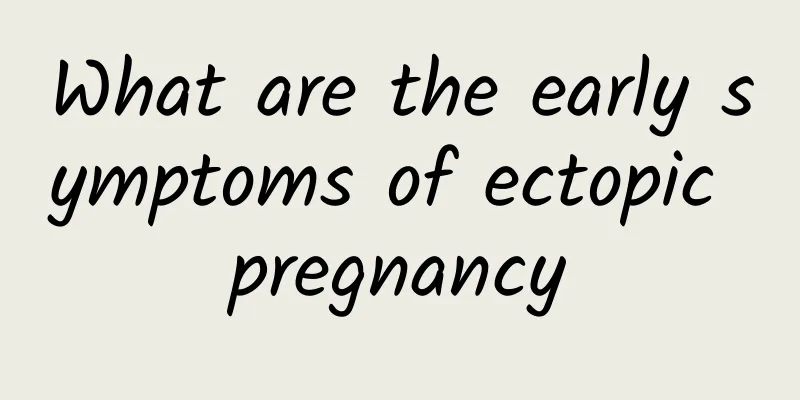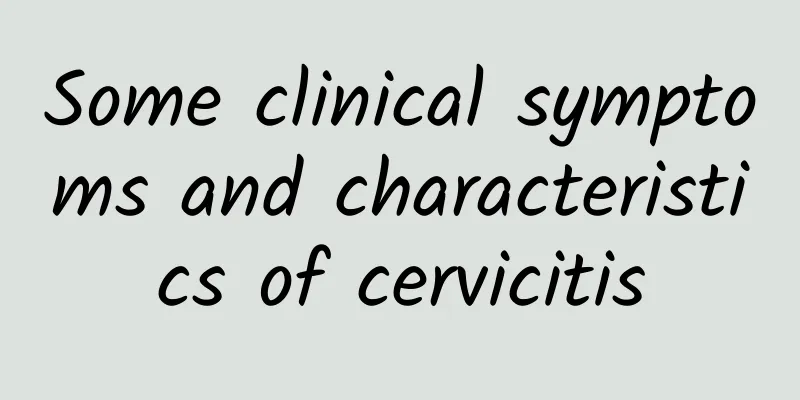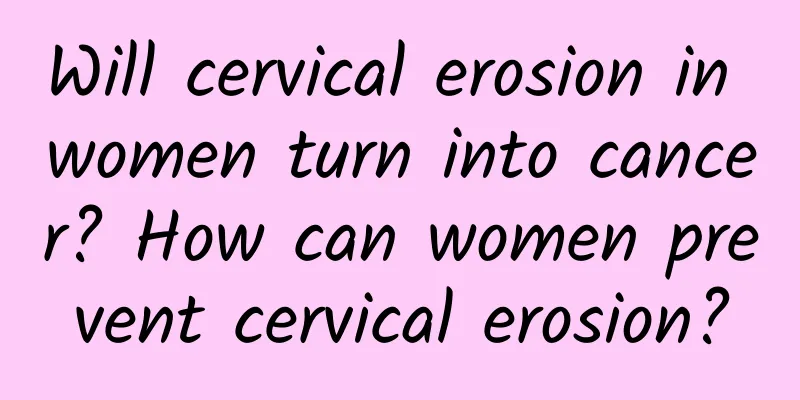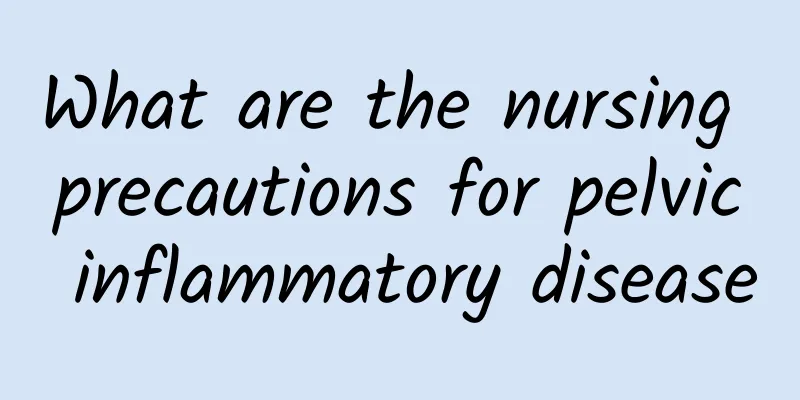Introduction to medication for menopause
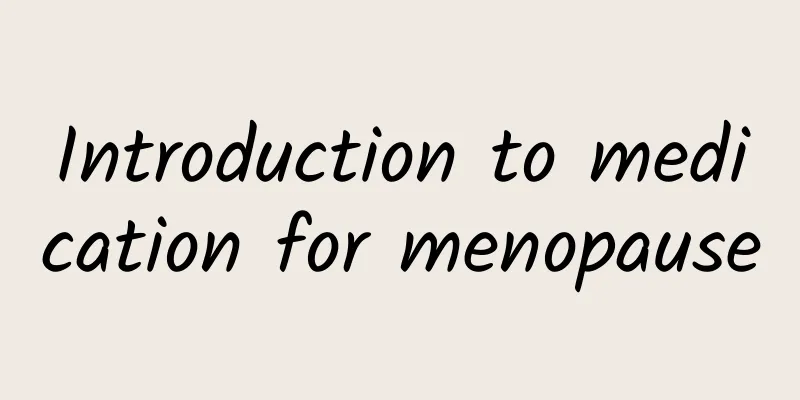
|
If your friends fail to do a good job of daily care and conditioning after entering menopause, it will affect the physical health of female friends and lead to the occurrence of some diseases. Therefore, during this period, after suffering from this disease, you must actively understand the drug treatment method for this disease so that you can recover as soon as possible through drug treatment. Several common medications for menopause are listed below. 1. In principle, HRT (hormone replacement therapy) should be aimed at maintaining the health of the body. For example, long-term medication is required to prevent postmenopausal degenerative diseases. (1) Etiological treatment: During the reproductive period, the cyclical changes in the estrogen and progesterone in the blood of women participate in coordinating the physiological activities of the body, becoming an important factor in stabilizing the internal environment of the female body and maintaining health. After menopause, the continuous decline of estrogen and progesterone causes women's physical and mental dysfunction, and the body produces a series of degenerative lesions, resulting in poor physical health of some women. Etiological treatment is given to these health problems caused by estrogen deficiency. (2) Physiological supplementation: The purpose is to enable the organs of postmenopausal women to function physiologically as much as possible to maintain the health of the body, not to restore their endocrine conditions to the level of the ovarian cycle during the reproductive period, which is physiological supplementation. Physiological supplementation mostly advocates the use of natural estrogens, that is, the chemical structures of estrone, estradiol and estriol. The dosage is controlled at a blood E2 concentration of about 220pmol/L, or within the equivalent estrogen activity range, and should not exceed 550pmol/L. Exceeding this level may lead to an increase in side effects. Since the estrogen and progesterone in contraceptives are in large doses, highly active, and have a non-physiological chemical structure, they are not suitable for physiological supplementation in HRT. (3) During the menopausal transition period, HRT should focus on supplementing progesterone: During the menopausal transition period, the growth and development disorders of follicles gradually increase, and finally the functional follicles disappear from the ovaries. The corresponding changes in estrogen and progesterone during this period are: first, there is a relative lack of progesterone, and then there is a lack of it; the lack of estrogen changes cyclically, although there may be a transient relative excess, the total amount gradually decreases, and finally to lack, forming a relatively excessive or single unopposed estrogen stimulation for a long time. Some women may experience varying degrees of proliferative changes in the endometrium, and even malignant changes. Therefore, during this period, the main focus should be on cyclical supplementation of progesterone to adjust the menstrual cycle and prevent endometrial proliferative lesions. As estrogen gradually becomes deficient, estrogen can be supplemented at the same time. (4) HRT in the late menopause should be mainly based on estrogen supplementation: Early postmenopause ovarian follicle activity basically stops. The blood estradiol concentration drops from about 150-1500pmol/L in the reproductive period to below 80pmol/L within 1-2 years, which is lower than the basic level for maintaining the physiological functions of the body's organs. Endometrial atrophy is completed within 2-3 years after menopause, and the rate of bone loss is fastest within 1-3 years after menopause. Corresponding degenerative changes occur in various organs throughout the body. Therefore, to prevent postmenopausal degenerative lesions, timely and long-term estrogen supplementation should be used. In order to counteract the side effects of estrogen on endometrial hyperplasia, those with a uterus need to add progesterone. Experts have introduced to us drug treatment methods for female menopause. However, if female friends want to treat it with drugs after this situation occurs, they must choose the drugs under the guidance of a doctor and ensure the dosage of the drugs. This can avoid drug abuse, thereby playing a therapeutic role for themselves and allowing them to recover as soon as possible. |
<<: Introduction to menopausal medication
>>: What are the principles of medication in the treatment of menopause?
Recommend
The most effective foods for women to regulate menstruation Three foods to regulate menstruation
Women have menstruation every month, and the amou...
Let's learn about the symptoms of acute pelvic inflammatory disease
Pelvic inflammatory disease mainly refers to the ...
Can I go to the hospital alone to get an abortion?
In China, it is technically feasible for a person...
How should we check if we have vaginitis?
Many women suspect that they have vaginitis but a...
Are pelvic inflammatory suppositories effective?
Are pelvic inflammatory suppositories effective? ...
Pathological changes of endometrium in anovulatory functional uterine bleeding
Functional uterine bleeding is a common gynecolog...
Cervical disease is not something you can bear, let alone suffer.
Cervical disease refers to various lesions that o...
Pay attention to the precautions after abortion to control the condition
With the improvement of living standards, people ...
How to calculate your menstrual cycle
How to calculate the menstrual cycle? Menstruatio...
Start turning on the "fat burning switch" from breakfast! Drink rice milk + protein
If you want to burn fat, you need to start increa...
What's wrong with delayed menstruation?
What happens if menstruation is delayed early? Ea...
Can Traditional Chinese Medicine Cure Cervical Warts?
Traditional Chinese medicine culture is something...
What harm does vaginitis bring to female friends?
Vaginitis is a common gynecological disease, whic...
What causes vaginitis?
Vaginitis is caused by a variety of factors, incl...
How is cervical erosion caused?
How does third degree cervical erosion occur? Thi...
